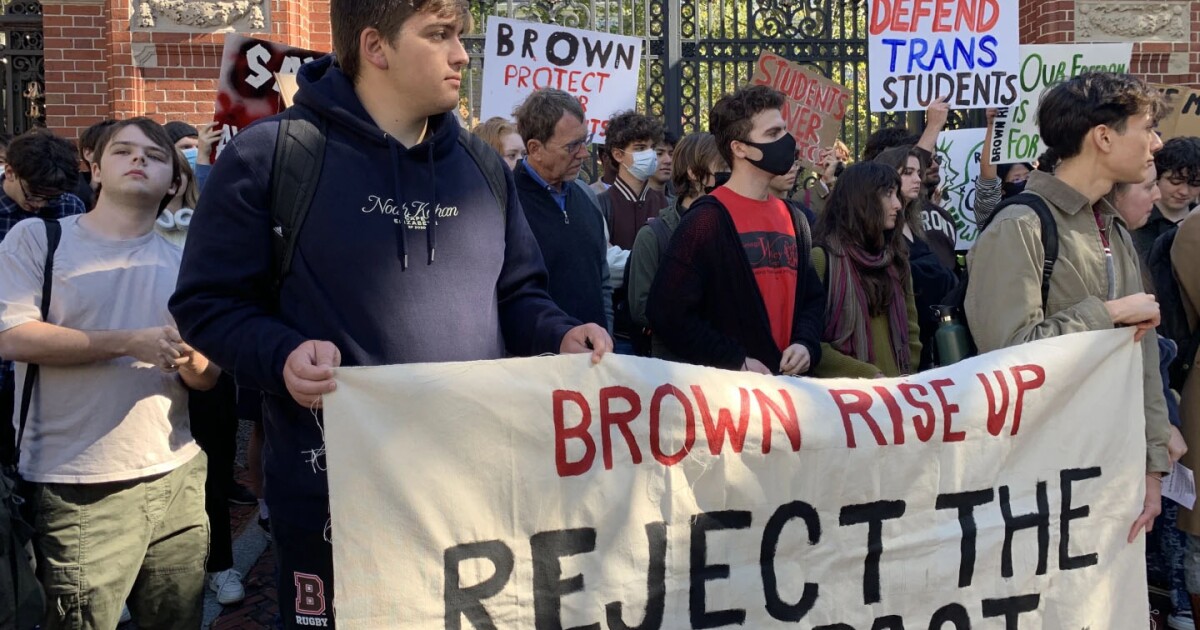For years, climate change has dominated conversations about our planet’s future. Everyone, from local activists to world leaders, has focused on cutting carbon emissions to prevent disaster. However, the effects of climate change are already here. It’s time for us to shift our attention from just avoiding future problems to managing the impacts we’re facing right now.
We need to rethink how we handle climate adaptation. Traditionally, we’ve looked at the environmental side—building seawalls, improving flood systems, and making storm-resistant buildings. But we often overlook the crucial political questions: Should insurance companies be allowed to operate freely in high-risk areas? How do we support all people, not just property owners, when disasters strike? And what protections do workers have against extreme heat?
These aren’t just theoretical questions. In the U.S., increasing non-renewal rates in home insurance show that climate change could spark a national crisis in the insurance sector. In 2023, UPS workers rallied for air conditioning in their delivery trucks due to extreme heat and won. That same year, the federal government paid $1.2 billion to help Western states reduce water usage amid a severe drought affecting millions. How we tackle these issues will shape our society.
The conversation around climate politics is evolving. Almost 30 years ago, the Kyoto Protocol suggested market solutions would solve climate issues. However, as emissions continued to rise, people started to realize that real change requires more than numbers—it demands action driven by values and competing interests. Political battles are now at the forefront, from Biden’s Inflation Reduction Act to various international discussions about energy policy.
But even as climate issues enter the political arena, they often still focus on reducing emissions. A recent mayoral campaign in New York City, for example, tied climate change to the cost of living. Yet, like many others, it was framed in terms of emissions cuts. True climate politics should also focus on adaptation, innovating social systems to deal with the immediate effects of climate change.
This shift challenges the dominant narrative that climate change will devastate humanity completely. For most people, it won’t feel like an entirely new crisis, but rather like familiar problems intensifying—more people unable to afford housing, more workers exposed to extreme heat, and more local businesses struggling after disasters.
The conversation is just starting to evolve. The Council on Foreign Relations recently suggested reforms to the property insurance system, emphasizing that homeowners should face the full cost of living in risky areas. In contrast, progressive groups propose creating agencies to provide public disaster insurance, ensuring that communities can stay safe where they are.
This debate matters. While we shouldn’t abandon efforts to mitigate climate change, we must recognize that it is reshaping our world right now. The real question is not whether we will adjust our systems but how—and whose vision will lead the way.
For more insights into the intersection of climate change and public policy, visit Council on Foreign Relations and Climate and Community Institute.




















